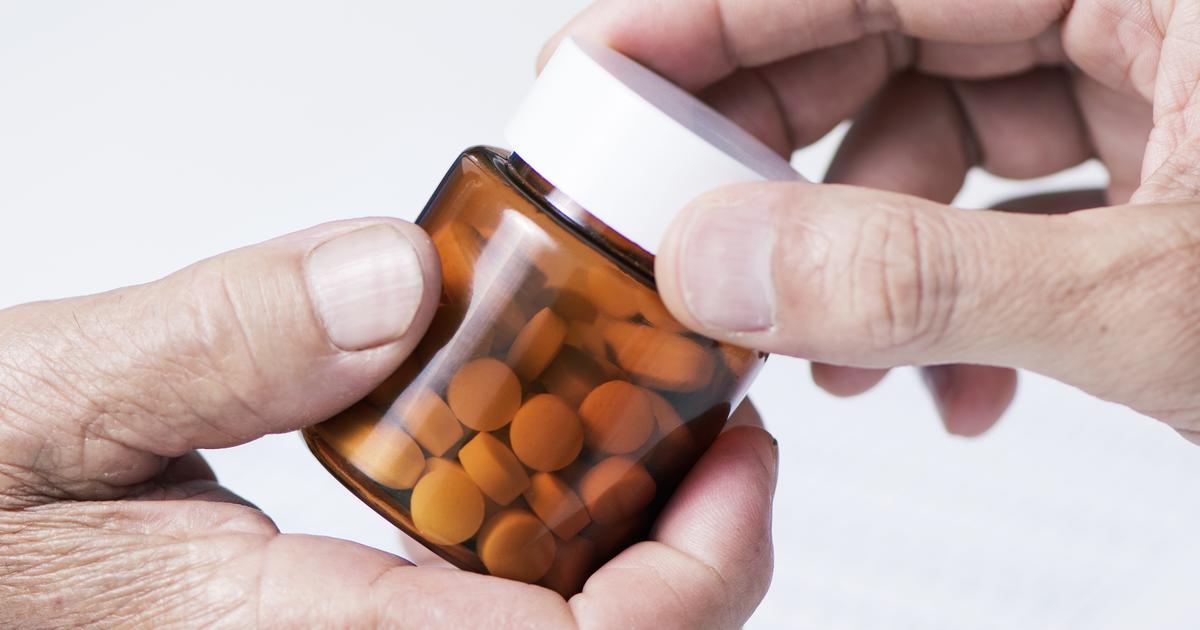Spicy Secrets: Navigating the Yellow Brick Road of Turmeric's Side Effects & Precautions
5. Anticoagulants

Patients taking anticoagulants should not use turmeric, particularly in high doses, as turmeric also has blood-thinning effects, and research has shown it magnifies the anti-clotting properties of anticoagulants. This means patients might begin bleeding spontaneously, and they might experience long nosebleeds when they hadn't before. If individuals get a cut, scrape, or other abrasions, they might find it doesn't clot even after they place pressure on it for a while. Some patients might experience serious bleeding risks, such as internal bleeding or brain bleeds. It can be very dangerous to have blood become too thin. The amount of time blood takes to clot is measured in prothrombin time. If an individual's prothrombin times are too high, this means they have a much higher chance of bleeding and blood loss.
6. Some Powders Contain Gluten

When choosing a turmeric supplement or powder, it is important to check all of the ingredients carefully. Some powders contain gluten, and this could cause issues for patients with celiac disease and those on gluten-free or elimination diets. Curry powder and other products that include turmeric as part of a blend with other spices may be more likely to have gluten. Patients who are sensitive to or allergic to gluten should look for turmeric powders that are certified as gluten-free. Ideally, these should only contain turmeric. Individuals who notice they develop stomach issues after consuming turmeric should ask a healthcare professional for advice, especially if they have celiac disease and believe they may have unintentionally ingested gluten.
